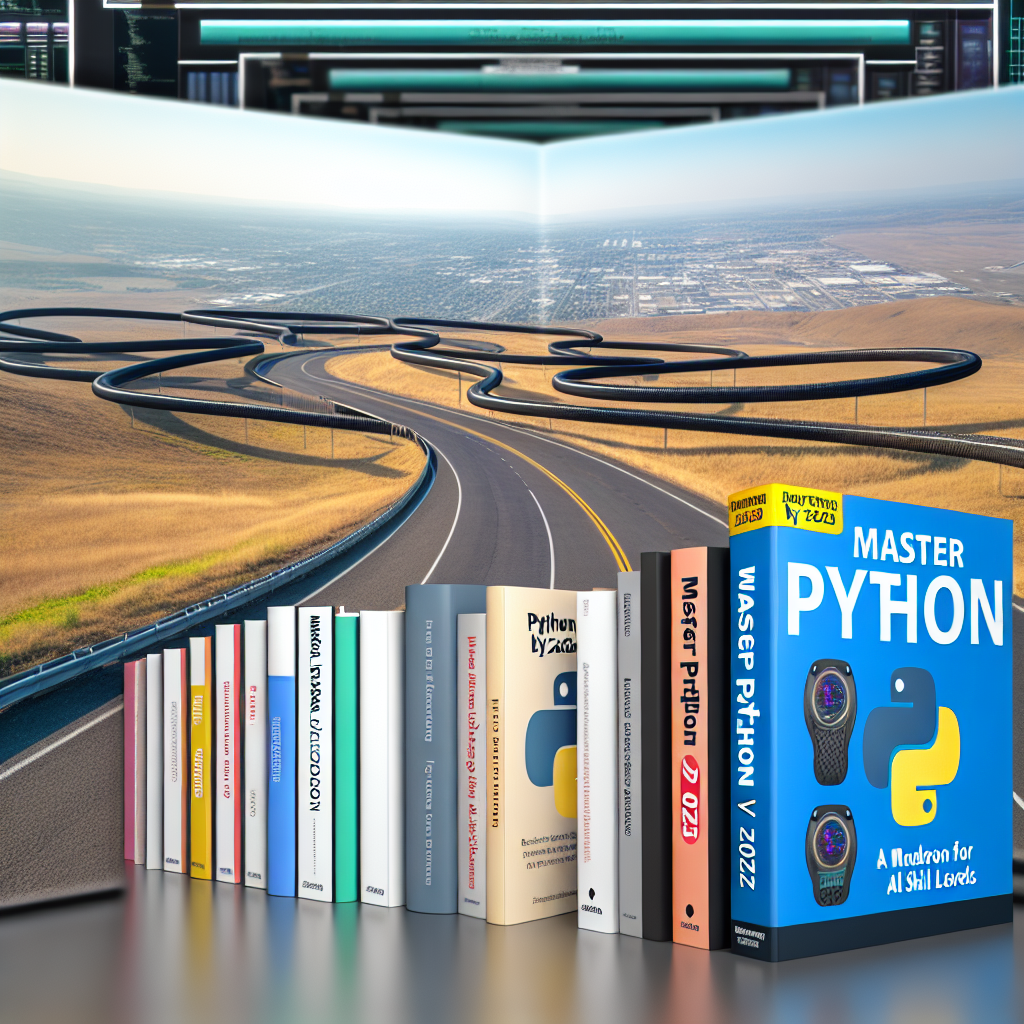Embarking on a journey to master Python by 2025 requires a well-structured roadmap. Whether you’re a complete beginner or looking to refine your skills to an expert level, this guide will walk you through the essential steps, tools, and strategies to achieve your programming goals efficiently. Prepare to unlock the full potential of Python!
Foundation Building: Mastering Python Basics and Core Concepts
To become an Python expert by 2025, the first crucial step is establishing a strong foundation in the language’s basic syntax and core concepts. This phase involves understanding data types, control flow, functions, and object-oriented programming principles. It’s essential to focus on writing clean, efficient code and grasping fundamental tools such as lists, dictionaries, and file handling.
At this stage, leverage online tutorials, interactive coding platforms like Codecademy or LeetCode, and comprehensive books like “Automate the Boring Stuff with Python.” Practice is vital—aim to solve daily problems, participate in coding challenges, and work on small projects to solidify your understanding. Remember, mastery of the basics creates a solid platform for advanced topics and specialization.
Specialization and Advanced Skills Development
Once you have a solid grasp of Python fundamentals, the next phase is to specialize in specific domains such as data science, machine learning, web development, or automation. Each path requires targeted learning and project work:
- Data Science & AI: Study libraries like NumPy, Pandas, Matplotlib, and frameworks such as TensorFlow or PyTorch. Deepen your understanding of statistics, data analysis, and visualization techniques.
- Web Development: Master frameworks like Django or Flask, learn about RESTful APIs, front-end integration, and deployment techniques using cloud services like AWS or Heroku.
- Automation & Scripting: Focus on scripting for system automation, working with APIs, and integrating Python with other tools for task automation.
This stage involves working on real-world projects, collaborating in open-source communities, and continuously learning emerging tools and best practices. Achieving expertise means deepening your knowledge, staying current with industry trends, and solving complex problems that demonstrate mastery in your chosen domain.
In conclusion, mastering Python by 2025 involves building a strong foundation, followed by specialized skill development through targeted learning and practical application. By adhering to this roadmap, you can confidently progress from a beginner to an expert, opening doors to exciting opportunities in technology and automation. Stay committed, practice consistently, and leverage community resources to succeed in your Python journey!
